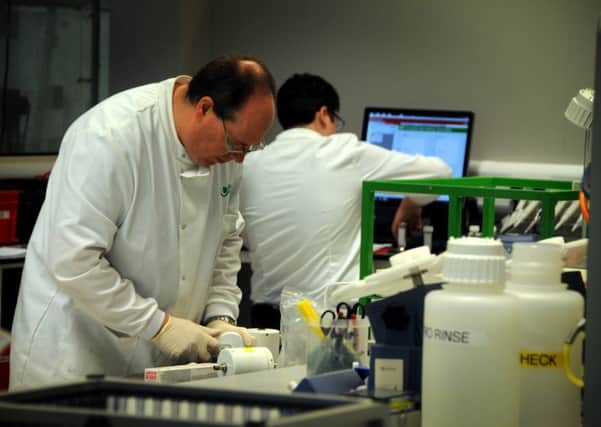Illnesses may now start to appear in the wake of drinking water scare


The alert entered its seventh day today following the discovery of cryptosporidium contamination of the mains supply to large parts of the county.
But, while Public Health England revealed not one case had been clinically confirmed by last night, officials are braced for a possible cluster of cases as the bug reaches it average incubation time.
Advertisement
Hide AdAdvertisement
Hide Ad“There is no reason to think we are going to get inundated,” said a PHE spokesman. “But we might expect to see some cases.
“The incubation period is between one and 12 days, but it usually averages about seven. This is now day seven since we were notified. We have had no lab-confirmed cases as yet. And there is certainly no need for people to start panicking. Hopefully if people have taken the advice given out to boil drinking water then they will be OK. We are hopeful we won’t get many cases, if any.”
United Utilities, who found minute traces of the parasite in water coming from the Franklaw Treatment Plant near Garstang last Thursday, have said an all-clear could be imminent, although no deadline has yet been set.
Until then they have urged more than 300,000 households in Preston, South Ribble, Chorley, the Fylde Coast and parts of Blackburn to carry on boiling water until the bug has been totally flushed out of the system.
Advertisement
Hide AdAdvertisement
Hide AdThe company’s domestic retail director Gary Dixon said: “We are doing all the right things and we are absolutely confident that with the action we are taking we will be able to lift this boil water notice soon.”
Investigations have been continuing into the source of the contamination, with the Franklaw plant believed to be at the centre of the inquiry.
For more on the water contamination in Lancashire visit the links below: